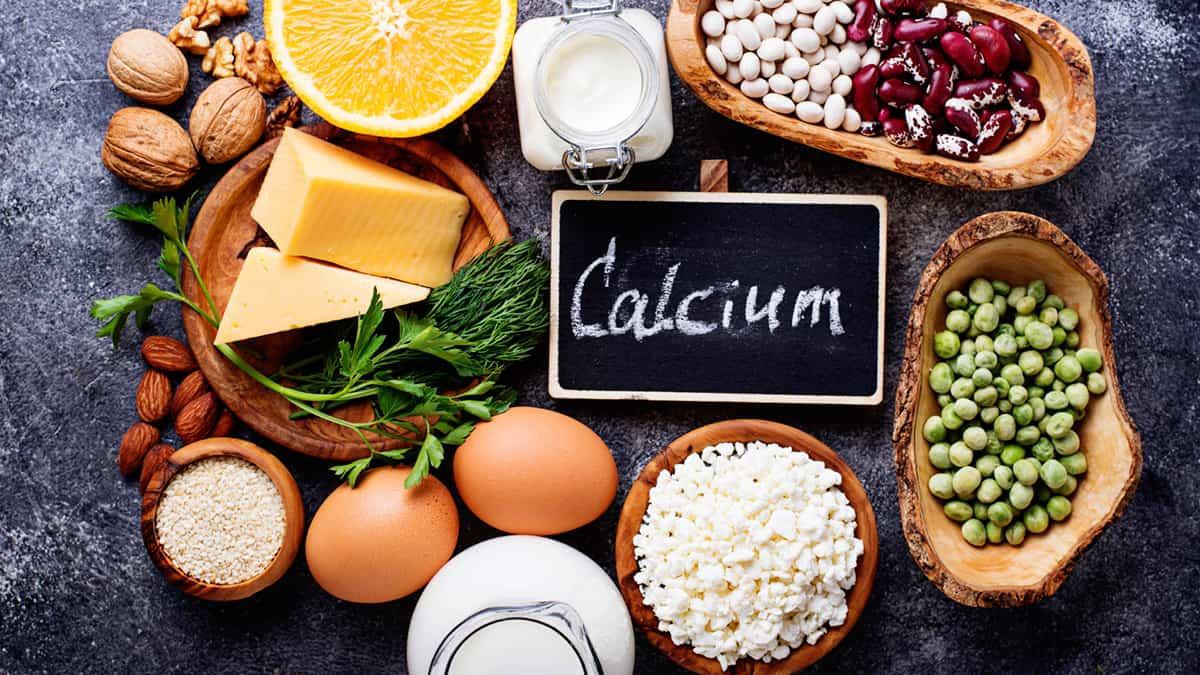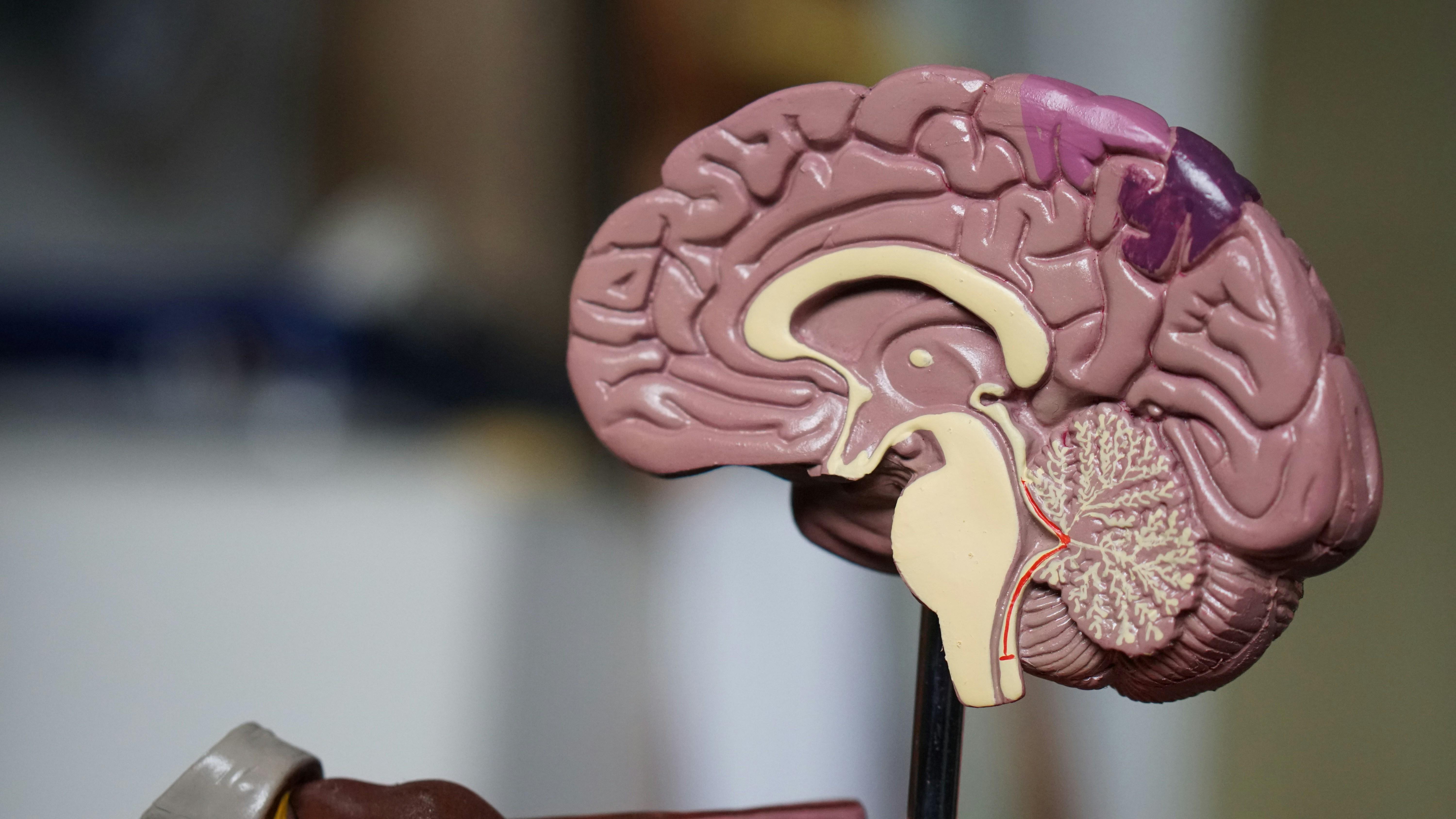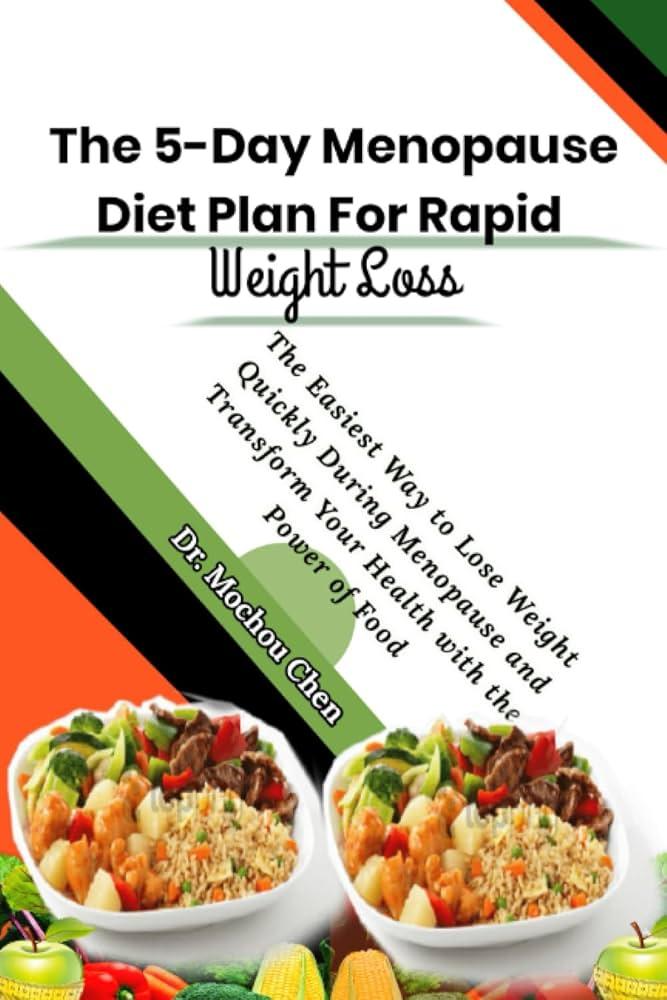As the sun sets on the fertile years, a new chapter unfolds for women entering the realm of menopause. This transformative phase, while a natural progression, often brings with it a silent challenge: the gradual weakening of bones. Osteoporosis, a condition characterized by fragile bones, lurks in the shadows, threatening to disrupt the balance of life. Yet, within the realm of nutrition lies a powerful ally. By embracing a diet rich in essential nutrients, women can fortify their skeletal framework and stride confidently into this new era. In this article, we explore a variety of diet tips designed to bolster bone health and prevent the stealthy erosion that menopause may usher in. Join us as we delve into the world of calcium, vitamin D, and other key nutrients, unlocking the secrets to sustaining strength and vitality in the years to come.
Building a Bone-Healthy Plate: Essential Nutrients for Post-Menopausal Women
As women transition through menopause, maintaining bone health becomes a vital aspect of overall well-being. Crafting a diet rich in essential nutrients can play a pivotal role in fortifying bones and mitigating the risk of osteoporosis. Focus on incorporating a variety of foods that deliver a potent mix of vitamins and minerals, essential for bone density and strength.
- Calcium: The cornerstone of bone health, calcium can be sourced from dairy products like yogurt and cheese, as well as leafy greens and fortified plant-based milks.
- Vitamin D: This vitamin aids in calcium absorption. Spend a few minutes in the sun daily or consume foods like salmon, eggs, and fortified cereals.
- Magnesium: Found in nuts, seeds, and whole grains, magnesium supports bone structure and strength.
- Vitamin K: Crucial for bone metabolism, vitamin K is abundant in green leafy vegetables such as kale and spinach.
- Protein: Essential for bone repair and renewal, ensure your diet includes adequate amounts of lean meats, beans, and legumes.
By mindfully selecting foods that are dense in these nutrients, post-menopausal women can actively contribute to their bone health, paving the way for a robust and resilient future.

Harnessing the Power of Calcium and Vitamin D for Stronger Bones
Ensuring optimal bone health post-menopause involves a delicate balance of nutrients, with calcium and vitamin D taking center stage. These vital nutrients work synergistically to maintain bone density and reduce the risk of fractures. Here are some dietary tips to integrate them effectively:
- Incorporate Dairy: Milk, yogurt, and cheese are rich sources of calcium. Opt for low-fat or fat-free options to keep your heart healthy while nourishing your bones.
- Explore Plant-Based Sources: Leafy greens like kale, broccoli, and bok choy, along with almonds and tofu, provide ample calcium for those who prefer non-dairy options.
- Catch Some Sun: Vitamin D, often dubbed the “sunshine vitamin,” can be absorbed through sunlight. However, during less sunny months, consider fortified foods such as cereals and orange juice.
- Fatty Fish and Eggs: Salmon, mackerel, and egg yolks are excellent sources of vitamin D, supporting calcium absorption in the body.
Consistency is key; regular intake of these nutrients will bolster your bone health and help stave off the effects of bone loss after menopause. Consider speaking with a healthcare provider to tailor a plan that suits your individual needs.

Incorporating Bone-Boosting Foods into Your Daily Routine
Incorporating a variety of bone-boosting foods into your daily meals can be both a delicious and beneficial strategy for maintaining bone health post-menopause. Start by enriching your diet with calcium-rich foods such as dairy products like milk, yogurt, and cheese. For those who prefer non-dairy options, consider fortified plant-based milks, almonds, and dark leafy greens like kale and spinach.
- Vitamin D Sources: Include fatty fish like salmon and mackerel, as well as egg yolks, to enhance calcium absorption.
- Magnesium-Rich Foods: Nuts, seeds, and whole grains can play a crucial role in bone formation.
- Protein-Rich Options: Opt for lean meats, beans, and lentils to support bone structure.
Don’t forget the power of vitamin K, found in abundance in broccoli, Brussels sprouts, and cabbage, which works synergistically with calcium to maintain strong bones. By mindfully integrating these nutrient-dense foods into your daily routine, you can create a balanced diet that supports bone health and reduces the risk of osteoporosis.

Smart Lifestyle Choices to Support Bone Health After Menopause
Making smart lifestyle choices is essential for maintaining bone health, especially after menopause when bone density tends to decrease. A balanced diet rich in nutrients can be your first line of defense against bone loss. Consider incorporating the following into your daily routine:
- Calcium-Rich Foods: Incorporate dairy products like milk, yogurt, and cheese, or opt for fortified plant-based alternatives such as almond or soy milk. Leafy greens like kale and broccoli also provide a calcium boost.
- Vitamin D Sources: Vital for calcium absorption, vitamin D can be found in fatty fish like salmon and mackerel. Don’t forget to enjoy some sunlight, or consider a supplement if your doctor recommends it.
- Protein Power: Ensure adequate protein intake from sources like lean meats, beans, and nuts, which help maintain muscle mass and support bone structure.
- Limit Sodium and Caffeine: High levels of these can interfere with calcium retention. Opt for herbs and spices to flavor your dishes instead of salt, and enjoy your coffee in moderation.
By making these dietary adjustments, you can support your bone health and enjoy an active lifestyle well beyond menopause.








